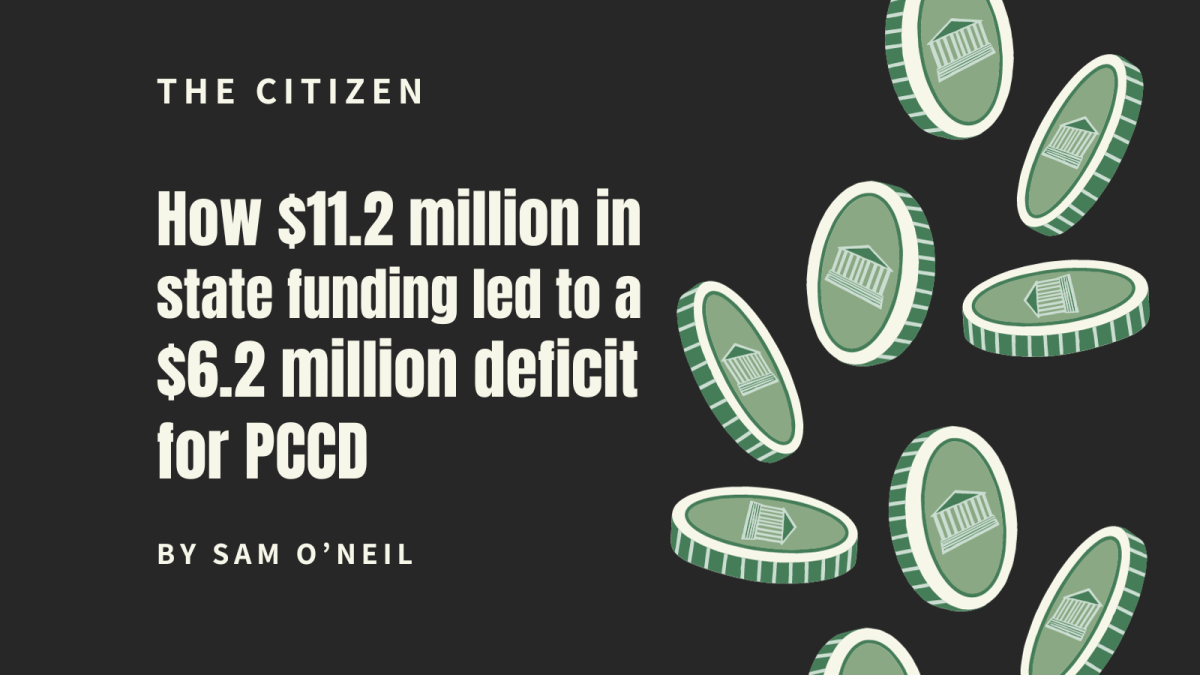There has been much discussion lately about genetically modified (GM) foodstuffs, most of it expressing concerns over so-called “terminator” seeds, health implications, and the profit motive.
The first two are really a straw-man argument. In the case of “terminator” seeds, seeds which produce fruit that either has sterile seeds or no seeds at all, while the technology does exist, it is not yet commercially available.
Regarding health implications, i.e. what impact GM crops might have on the health of human beings, there really isn’t evidence that GM crops have any impact.
And, as long as we’re operating under the global capitalist paradigm, I doubt we’re getting rid of the profit motive anytime soon.
So where does that leave us? The real question is about the utility of the technology. I would argue that GM technology is of high utility, especially when you consider that humans have used it for hundreds of years.
After all, that is exactly what cross-pollination and animal husbandry are, genetic modification. The ancient Aztecs were the first to cross-pollinate corn. Hybridization of wheat dates to the Neolithic Revolution.
Indeed, neither corn nor wheat can reproduce absent human intervention. Without those crops, we would be bereft of everything from biodiesel to beer.
The only real difference between what everyone from backyard gardeners to subsistence farmers have been doing since before the discovery of DNA is a matter of efficiency.
In the case of cross-pollination, entire genomes are subject to change, resulting in a scattershot approach to hybridization. Where GM crops are concerned, one or two specific genes can be altered, resulting in a much more predictable and efficient approach.
Using GM technology, not only can scientists produce drought-resistant tomatoes and herbicide-resistant lettuce, but they can also produce higher-yield crops. This would mean cheaper food, subsequently having a massive impact when comes to feeding the developing world.
In addition, GM crops may have a role in preventing disease. According to an article in this month’s “Scientific American,” Golden Rice, which “contains more vitamin A than spinach,” could prevent as many as 500,000 people a year from going blind in the Third World.
It might surprise you to know that if you asked me whether GM products should be more heavily regulated, my answer would be one word, “Absolutely.” But do I think all foods should be more heavily regulated? Same answer: Absolutely.




























